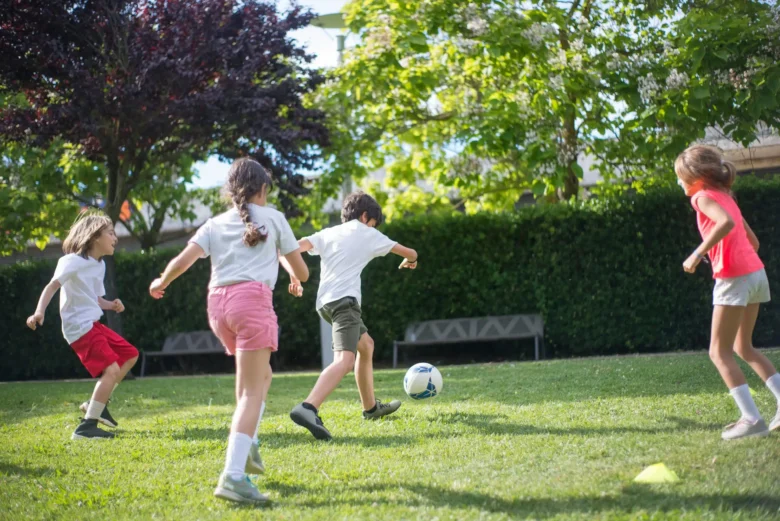Child and Teen Health is an area of medicine dedicated to maintaining both the physical and emotional well-being of children and teens. Routine physical exams, education about healthy relationships and sexually transmitted infections as well as nutrition can all play a vital role in providing children and teens with a strong foundation for lifelong good …
Help your kids consume nutrient-rich foods, eschewing sugary and salty options that could contribute to overweight or other health conditions. Instead, opt for low-fat milk and dairy, vegetables, fruits, whole grains such as oats, brown rice and quinoa and unsalted nuts and seeds as healthier options. Establish a healthy example by eating well and getting …
Our immune systems serve as our own internal army, working hard to ward off germs and illnesses. Their success relies on healthy lifestyle choices like healthy foods, enough rest and physical activity. Vitamins A, C and E are powerful immune boosters and can be found in many whole food sources. 1. Eat a Balanced Diet …
Adolescence marks significant physical and emotional changes for adolescents. At this point in their development, teens require extra energy and nutrients to foster growth and development. Eating healthy is easier when parents set a strong example and foster a healthful food environment. Include children in grocery shopping, meal prep and mealtime as ways of practicing …
Excessive screen time has been linked to lower psychological well-being and higher anxiety and depression symptoms among children, as well as impacting academic performance, social skills development and behavior issues. However, these effects may differ depending on the media consumed. Therefore, it’s essential to encourage open communication and healthy media habits within your family. 1. …
Help ensure the mental wellbeing of your children and teens by teaching them healthy habits, such as getting enough restful sleep and physical activity. Also teach them ways to manage stress through mindfulness meditation practices as well as building meaningful, respectful relationships. Teenagers typically experience emotional ups and downs; however, if these changes become drastic …
Sleep deprivation makes it more challenging for teenagers to think clearly and perform optimally in school, sports, work and extra-curricular activities. Help them manage their busy schedule by restricting weekend sleep-ins that might leave them short on rest for Monday morning classes. Teenagers’ biological clocks tend to shift so that they go to bed later …
Kids should aim for 150 minutes of moderate or 75 minutes of vigorous physical activity each week, such as aerobic, muscle strengthening and bone strengthening exercises. Physical Development Engaging in moderate to vigorous physical activity increases blood flow to the brain, which improves cognitive skills such as problem solving and decision making, emotional development and …








